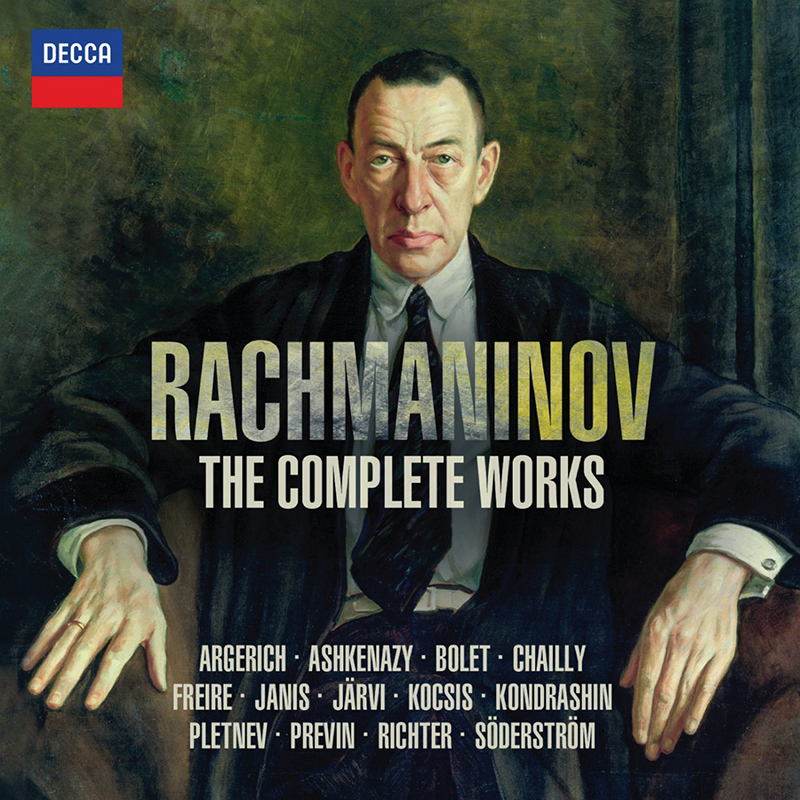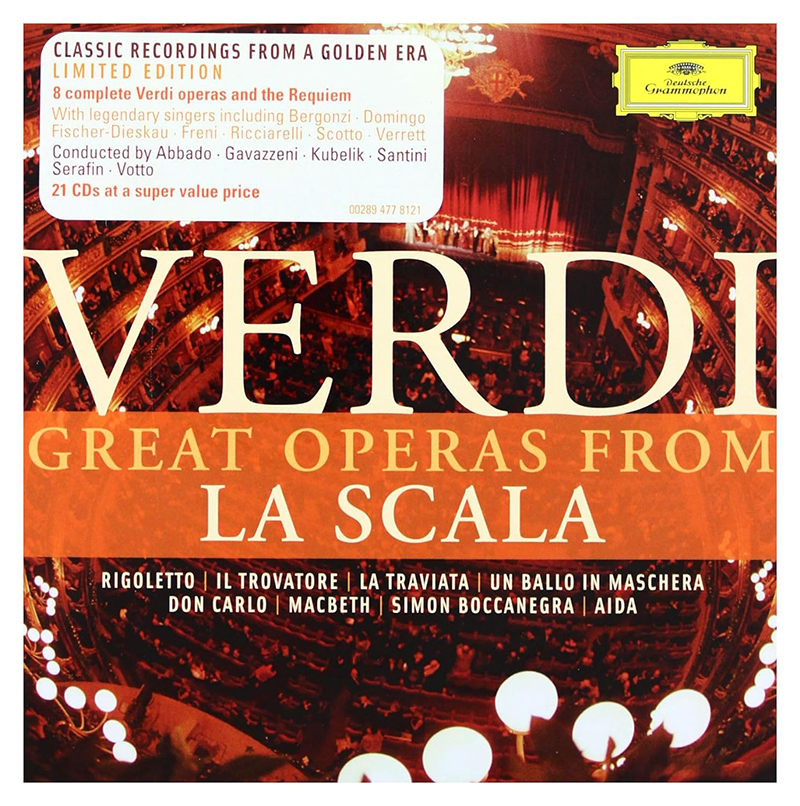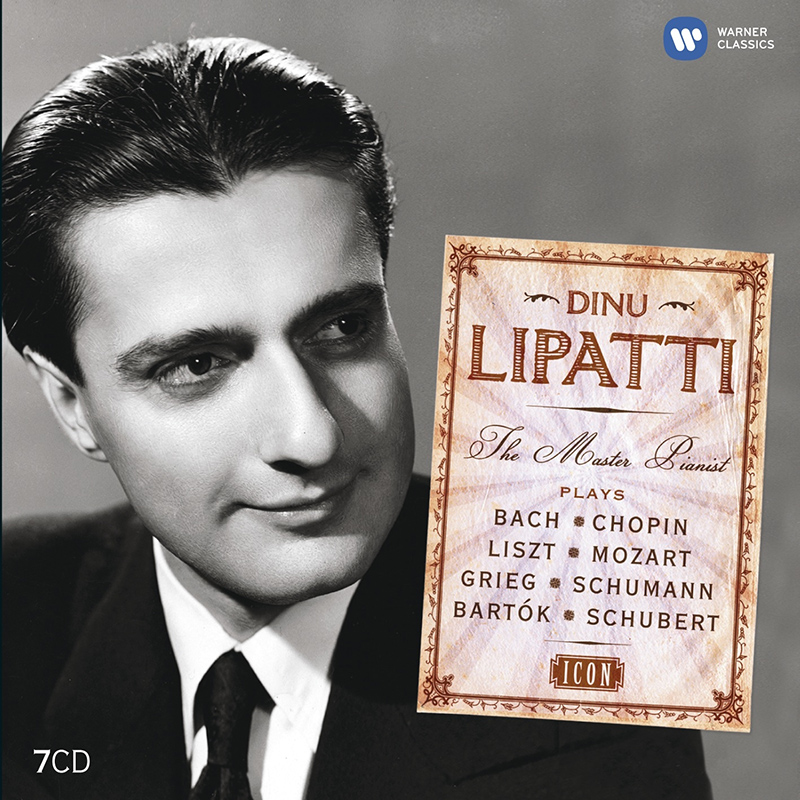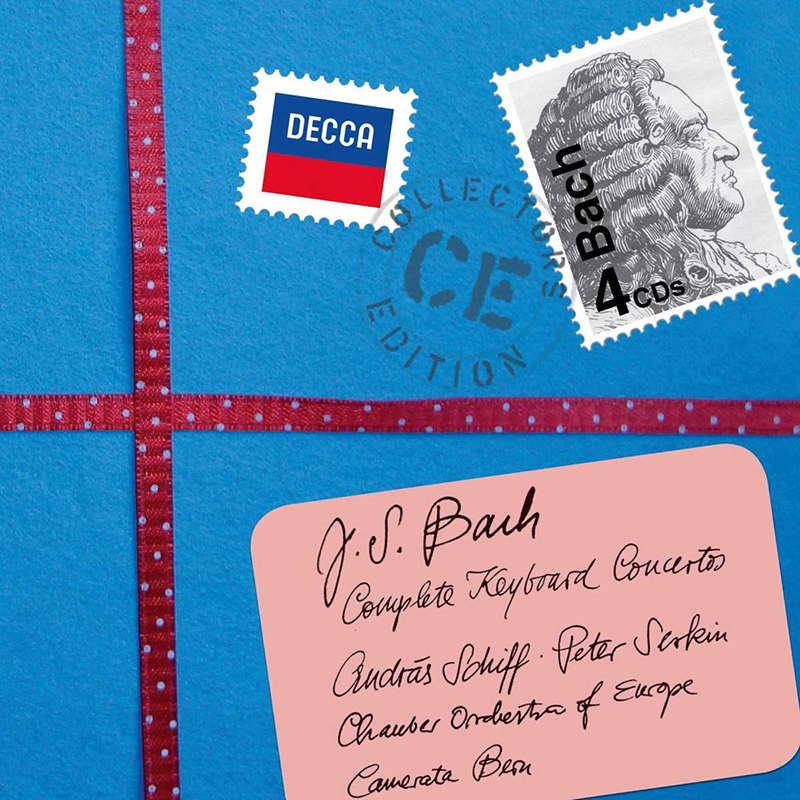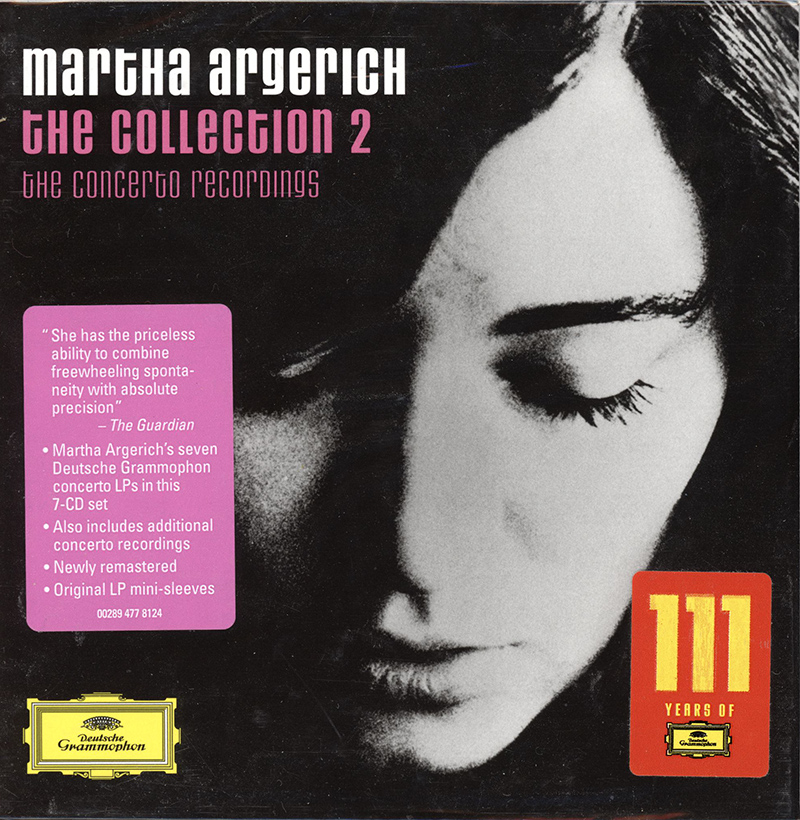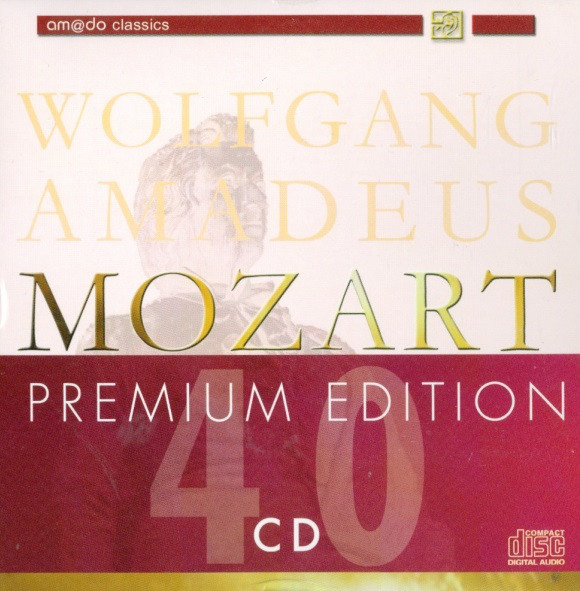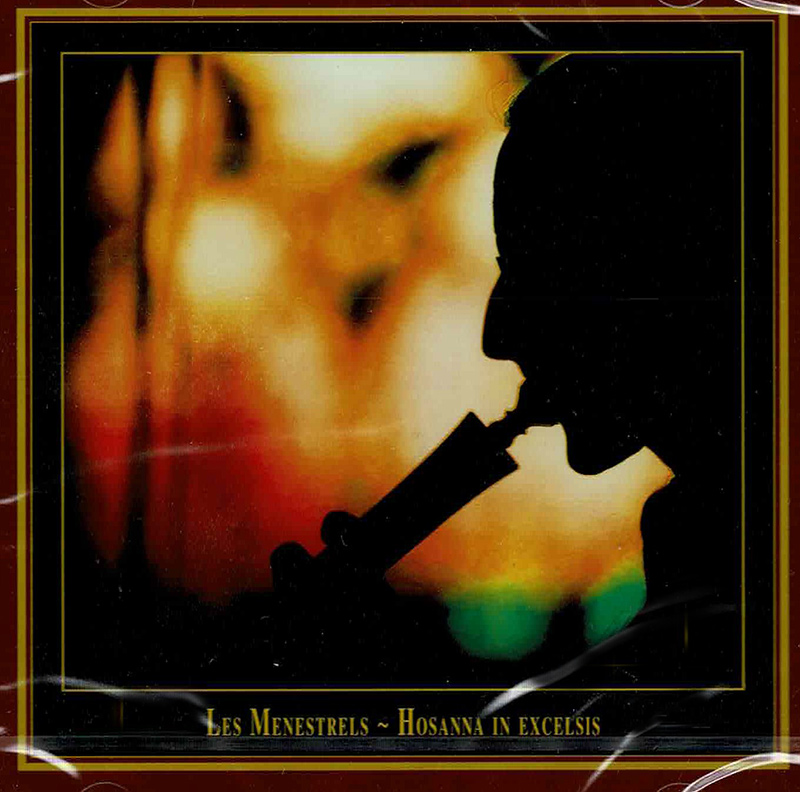Logowanie
KOLEKCJE!
BACH, CHOPIN, LISZT, MOZART, GRIEG, Dinu Lipatti, Otto Ackermann, Ernest Ansermet
The Master Pianist
PROKOFIEV, CHOPIN, TCHAIKOVSKY, SCHUMANN, BEETHOVEN, Martha Argerich, Claudio Abbado, Giuseppe Sinopoli
The Concerto Recordings
The Collection 2
Jakość LABORATORYJNA!
ORFF, Gundula Janowitz, Gerhard Stolze, Dietrich-Fischer Dieskau, Deutsche Oper Berlin, Eugen Jochum
Carmina Burana
ESOTERIC - NUMER JEDEN W ŚWIECIE AUDIOFILII I MELOMANÓW - SACD HYBR
Winylowy niezbędnik
ClearAudio
Essence MC
kumulacja zoptymalizowana: najlepsze z najważniejszych i najważniejsze z najlepszych cech przetworników Clearaudio
Direct-To-Disc
PIAZZOLLA, ChamberJam Europe
Tangos del Ángel y del Diablo
Direct-to-Disc ( D2D ) - Numbered Limited Edition
MACHAUT, DUFAY, BASSART, von WOLKENSTEIN, Les Menestrels
Hosanna in excelsis
- 1. Concert start
- 2. Psalm 115: "Nicht uns, o Herr, nicht uns..."
- Kodex Nikolaus Apel (um 1470 - 1537)
- 3. Benedicamus Domino
- Gregorianischer Choralabschnitt
- 4. Groß bist du, Herr...
- aus: Confessiones, erstes Buch, Kapitel 1
- Aurelius Augustinus (345 - 430)
- 5. Benedicamus Domino
- St. Martial, Organum
- anonymus (12. Jh.)
- 6. Ich liebe dich, Herr...
- aus: Confessiones, zehntes Buch, Kapitel 6
- Aurelius Augustinus (345 - 430)
- 7. Benedicamus Domino
- Motettischer Satz
- Ghirardellus de Florenzia (14. Jh.)
- 8. Wenn ich scheine mußt Du leuchten...
- Mechthild von Magdeburg (1210 - 1283)
- 9. Aucun - Amor - Kyrie
- Kodex Montpellier, Motette
- anonymus (13. Jh.)
- 10. "A" setzen wir, das ist unser Herr und Gott...
- aus: "Ars maior" (1273), Über die Figur "A"
- Ramon Lull
- 11. Tribulatio proxima est
- Doppelhoquetus über dem Tenor "David"
- Guillaume de Machault (um 1300 - 1377)
- 12. Oh Himmel-König...
- Der Kanzler (um 1300)
- 13. Christe - Veni creator - Tribulatio
- Geistliche Motette
- Guillaume de Machault (um 1300 - 1377)
- 14. O Mensch, bezeichnet und geziert mit Gottes Ebenbild...
- Meditation über die menschliche Natur
- zugeschrieben: Bernhard von Clairvaux (1091 - 1153)
- 15. Nova laude, terra, plaude...
- Benedicamustropus, Benedictinerinnenkloster, Konstanz
- anonymus (um 1300)
- 16. Omnis mundus - Omnes nunc
- Weihnachtsmotette
- anonymus (14. Jh.)
- 17. Wie uns die Heiligen helfen
- St. Paulis Regeln für die Pauren
- Aus dem Liederbuch der Clara Hätzlerin (1471)
- anonymus
- 18. Arcangel San Miguel...
- Dreistimmiger Satz über ein Volkslied
- aus: Cancionero musical del Palacio
- Lope de Baena (um 1500)
- 19. Der heilige Erzengel Michael
- aus dem Handbuch der Heiligen
- 20. St. Martein, lieber Herre...
- Hermann, Münch von Salzburg (2. Hälfte 14. Jh.)
- 21. Quem terra, pontus, aethera...
- Ambrosianischer Marienhymnus
- Zisterzienser-Stift Heiligenkreuz (um 1300)
- 22. Durch die Frau kam das Übel - durch die Frau kam das Gute...
- Ambrosius von Mailand (gest. 397)
- Predigt XLV
- 23. Ad laudes marie cantemus hodie...
- Benedictinerinnenkloster, Konstanz
- Gregorianischer Conductus (12. Jh.)
- 24. Einen gekrönten reien...
- Kolmarer Liederhandschrift
- Heinrich von Mügeln (um 1350)
- 25. Sancho Pansa: "Und hätte ich auch nichts anderes..."
- aus Don Quijote
- Miguel Cervantes (1547 - 1616)
- 26. Praeludio: "Santa Maria amar..."
- aus: "Cantigas de Santa Maria"
- Alfonso el Sabio (reg. 1252 - 1284)
- 27. Gran dereit...
- aus: "Cantigas de Santa Maria"
- Alfonso el Sabio (reg. 1252 - 1284)
- 28. Nachdem der Heide alle Darlegungen angehört hatte...
- aus: Das Buch vom Heiden und den drei Weisen (1275)
- Ramon Lull
- 29. O flos flagrans...
- Codex Aosta (Geistliches Chanson)
- Jean Brassart (15. Jh.)
- 30. Vergine bella...
- Trienter Kodices (Chanson), Text Petrarca
- Guillaume Dufay (1400 - 1474)
- 31. Ave mater o maria...
- Wiener und Innsbrucker Wolkensteinhandschrift
- Oswald von Wolkenstein (um 1377 - 1445)
- 32. Predigt: "Der Tanz ist ein Ring oder Zirkel, des Mittel der Teufel ist..."
- "corea est circulus cuius centrum est diabolus..."
- Deutsche Übertragung aus einer Wiener Handschrift des 15. Jahrhunderts
- Hieronymus von Prag (1416 in Konstanz verbrannt)
- 33. Chaldivaldi
- Tanz aus einer Vysehrader Handschrift (14. Jh.)
- anonymus
- "Wie schon oben gesagt..."
- aus: Summa II, quaestio 168, Artikel 3
- Thomas von Aquin (um 1225 - 1274)
- Les Menestrels
- MACHAUT
- DUFAY
- BASSART
- von WOLKENSTEIN
Music and Poetry from the spiritual world of the Middle Ages, performed by the Ensemble for Early Music 'Les Menestrels' Works by Gherardello de Florenzia (1310-1370), Guillaume de Machault (c. 1300-1377) Hermann, Münch von Salzburg (2nd part of 14th century), Heinrich von Mügeln (14th century), Guillaume Dufay (1400-1474), Alfonso el Sabio (1221-1284), Johannes Bassart (middle of 15th century), Kolmarer Liederhandschrift (15th century), Oswald von Wolkenstein (c. 1377-1445), Nicolaus Apel (c. 1470-1537), Codex Montpellier (13th century), Codex Squarcialupi (14th century) et. al. A concert recording from the church of the German UNESCO World Heritage Site Maulbronn Monastery HD Recording · DDD · c. 73 Minutes Play and pleasure are necessary to the sustenance of human life. However, all services useful to human sustenance must be regarded as permissible. Therefore, the services of menestrels, which are intended to provide cheer, are not a forbidden thing, provided that they are not in a state of sin, and they exercise moderation in their playing - namely that they use no hateful words and do not begin playing during work or at forbidden times. And those who support the menestrels are not committing sin! Rather, they deal justly when they give them for their services that which is their due. "As stated above..." from: Summa II, quaestio 168, Article 3 Thomas Aquinas (c. 1225 - 1274) ---------------------------------- Texts and music from the spiritual world of the European Middle Ages form the subject matter of this programme, which the Les Menestrels Ensemble has put together specially for this performance held in the monastery church at Maulbronn. One is astonished by the abundant variety of language and subject matter on offer here. Yet perhaps even more astonishing is the widespread, cross-border dissemination of a body of religious and cultural thought that flourished outside church walls. In today’s monotonous popular culture, shaped as it is by the dogma that what sells is what matters, cultural and human values no longer enjoy pride of place. Linguistic standardisation is pursued aggressively, and dialects, expressions and cultural resonances travel beyond regional borders in only the rarest of cases. In the song as cultivated in the Middle Ages, however, we find a linguistically multifaceted culture; one that is, in this sense, truly more European. Modern media have wrought little improvement. On the contrary, inquisitorial surveillance has found its match in the uniformity-enforcing filter of a profit-oriented business management "culture." The Church may well have imposed strict guidelines, as Klaus Walter describes in the notes below, but at least the themes that were the focus of artistic creation were those by which human beings are moved, and wit and subtlety challenged the human intellect. Josef-Stefan Kindler
